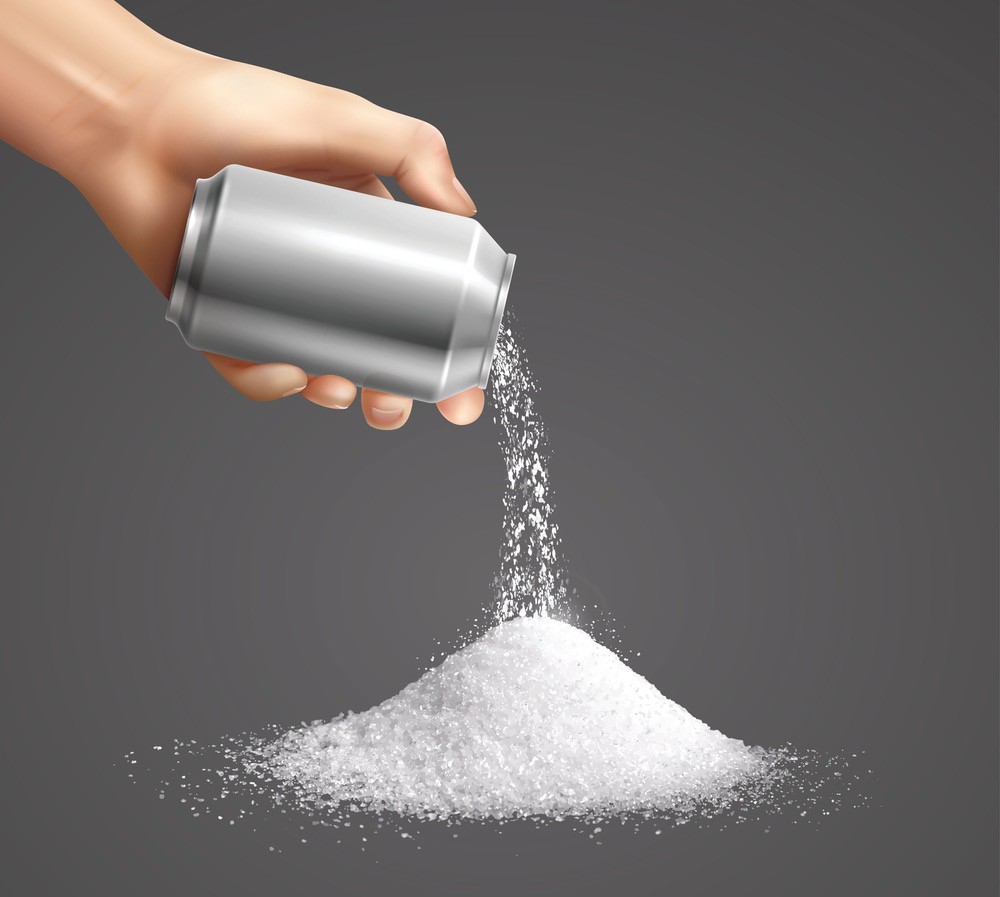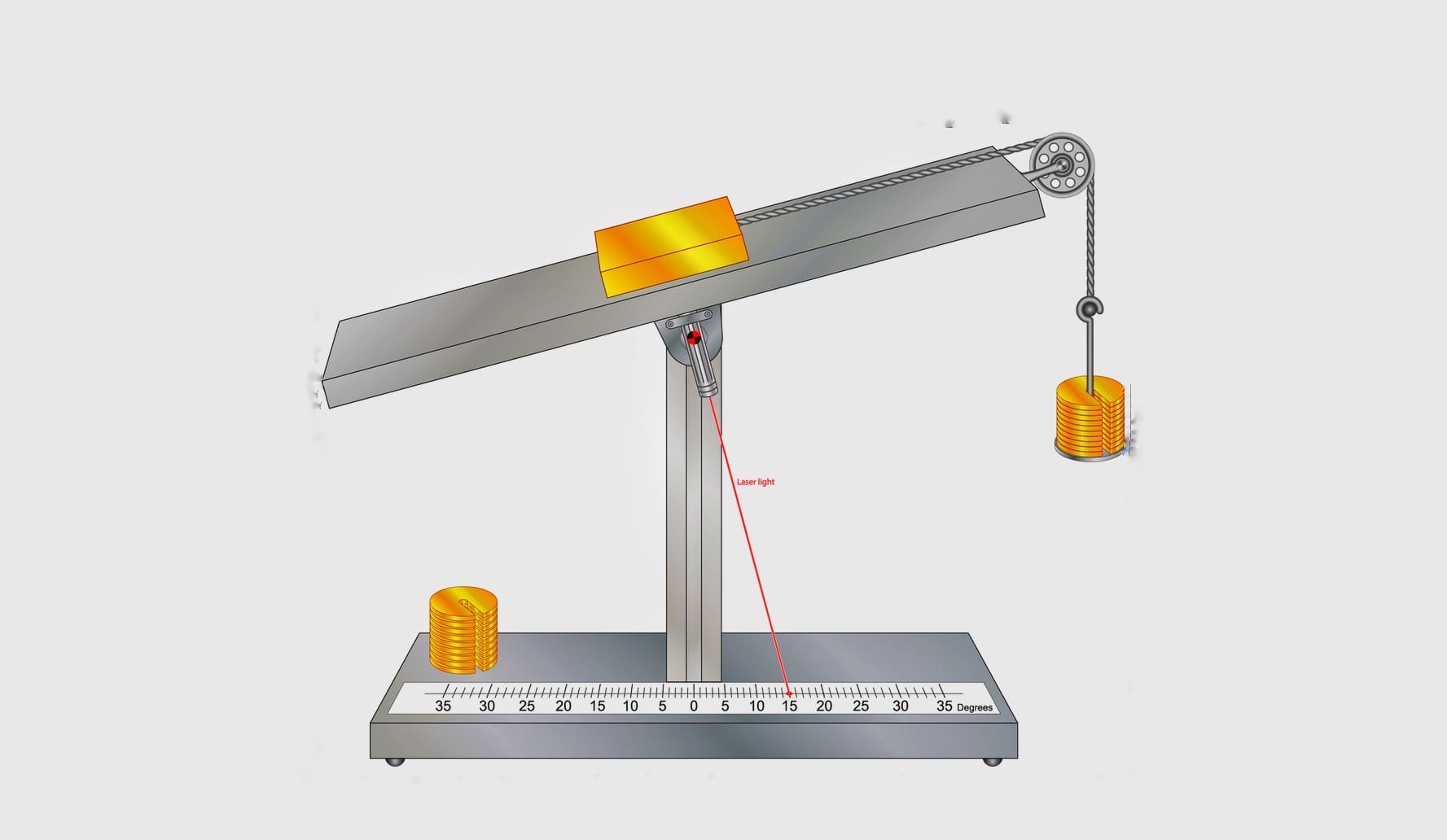Aim: To study the flow properties of powders/granules (potassium dichromate/ some granules) by determination of the angle of repose.
Principle of Angle of Repose
When a powder material passes through an orifice, they are called free flowing; while those that do not pass even though the particles are very much smaller than the orifice are called cohesive. The angle of repose is one of the simplest techniques used to determine the flowability of powder materials.
The angle of repose is defined as the angle of elevation to the horizontal at which the powder commences to slide upon itself. When an open-ended cylinder containing powder with the bottom resting on the horizontal surface, is lifted vertically, the powder will form a heap.

The angle of the conical heap can be determined from the diameter or radius of the base and the height of the cone. tan e = height/radius; thus e = tan-1 (height/ radius).
The high value of e is the indication of the cohesive nature of powder and the low value for free flowing. When the angle is at a minimum i.e., 25°, the powders will flow easily.
Apparatus and materials required: open-ended cylinder, scale, graph paper, and powder sample (s) (potassium dichromate/some granules).
Process:
- The powder is filled into an open-ended cylinder with the bottom resting on a horizontal surface.
- The cylinder is then lifted vertically allowing the powder to form a heap horizontally.
- The diameter of the base of the cone is determined by measuring the same in more than one direction. The radius is calculated from the diameter.
- The height of the heap is also measured.
The experiment is repeated at least three times for each sample.
Observation and Calculation:
Sample:
| Number of Observation | Height of heap in cm | Average height in cm | The radius of the base of the cone in cm | The average radius of the base of the cone in cm | tanɵ | ɵ |
Report: The powder is free flowing/not free flowing as the angle of repose is close to 25°/more than 30°. (The report can also be written as excellent! good/passable/very poor flow based on an angle of repose).
Make sure you also check our other amazing Article on: Determination of Specific Gravity
